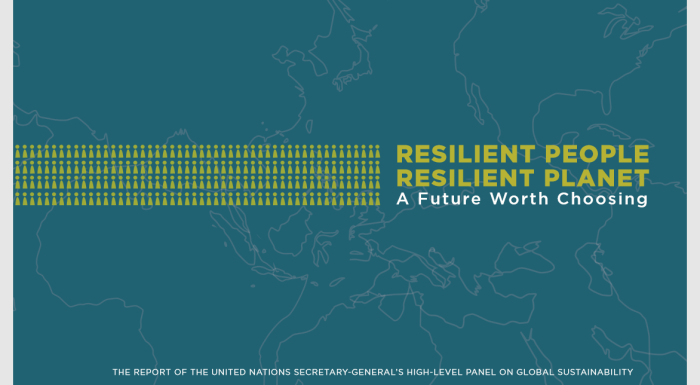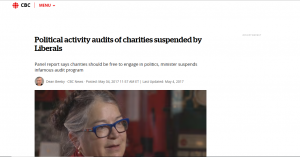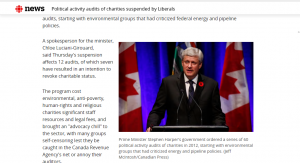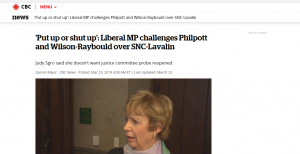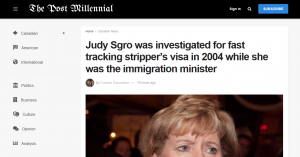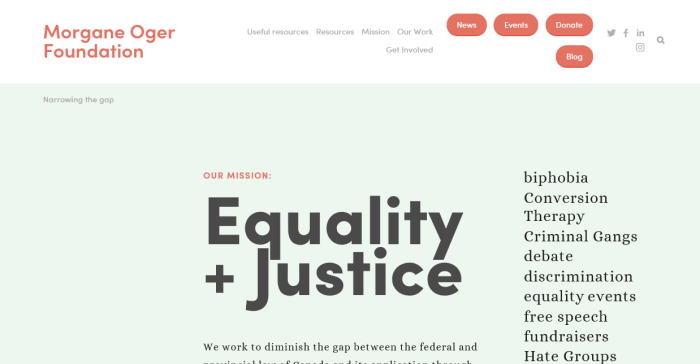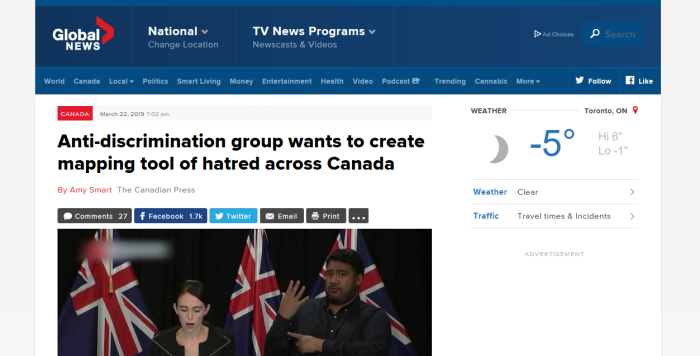
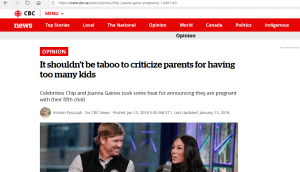

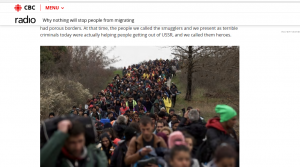

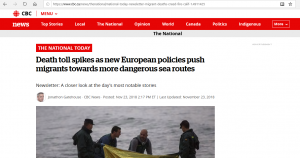
Check toolbar on right for globalism links (under counter). Also view the MASTERLIST.
All personal court appearances are under “BLOG”
Fed Court cases are addressed on right under “Canadian Media”.
1. Important Links
CLICK HERE, for CBC Propaganda Masterlist.
(CBC wants less Canadian children)
CLICK HERE, for “we’re only having 1 kids, and that’s okay”.
CLICK HERE, for beware of middle child syndrome.
CLICK HERE, for criticizing those with too many kids.
CLICK HERE, for why I only have 1 child.
CLICK HERE, for childless women changing culture.
CLICK HERE, for not teaching a daughter to be polite.
CLICK HERE, have less children to lower emissions.
(and in case you think CBC just wants less children in general)
CLICK HERE, for multiculturalism is critical to Canada.
CLICK HERE, for border walls are useless.
CLICK HERE, for nothing will stop migration.
CLICK HERE, for Europe should have open borders.
CLICK HERE, for Hungary’s Orban is a dictator for rejecting migration.
CLICK HERE, for bigot Orban wanting a Christian nation.
CLICK HERE, for Global Migration Compact is harmless.
CLICK HERE, for Canada having 100M people by year 2100.
(and to everyone’s favourite benevolent founder>
CLICK HERE, for Soros is misunderstood.
CLICK HERE, for Soros bullied out of Hungary.
CLICK HERE, for Canada joining UN, Soros, to sponsor refugees.
3. Why This Is Important
There are many, many more links on both subjects, but this should provide sufficient evidence for now. CBC, Canada’s government run “news” agency, consistently reports on both of these topics.
- CBC pushes both:
- Reducing Canadian birth rate; and
- Mass migration of foreigners
What are the consequences of these 2 initiatives? Well, when Canadians have less children, their birthrate falls, and the population declines. When you have mass migration, the declining population of Canadians is replaced by migrants and their descendants.
Think this is hyperbole? Consider these points:
- Shame families with many children
- Having 1 kid is okay
- Childless is the new culture
- Have fewer kids to save the planet
….. and on the other side:
4. Consider Both Narratives
First, starting with the fearmongering piece that climate change is destructive and can only be mitigated by altering human behaviour:
>What’s the single best decision you can make if you want to decrease the amount of carbon dioxide and other greenhouse gases (GHGs) being released into the atmosphere?
That’s the question UBC researcher Seth Wynes and his co-author Kimberly Nicholas set out to answer in a new paper published this week.
Their answer? Have fewer children.
The other three choices they identified were eating a plant-based diet, avoiding air travel and giving up personal vehicles. But by their reasoning, having one fewer child overwhelmingly outweighs all other choices, due to all of the GHGs that child would be responsible for emitting over the course of their life.
“To put it simply, adding another person to the planet who uses more resources and produces more carbon dioxide is always going to make a large contribution to climate change,” Wynes said.
And on the flip side of the “have fewer children” message, do you think that these people will recommend much, MUCH reduced immigration so as to reduce emissions? Nope, not a chance. From the “Century Initiative” promotion:
If Canada sticks with current practices, our population will grow to between 51 to 53 million by the end of the century.
A non-profit group called The Century Initiative advocates doubling that, to 100 million. That’s about triple our current population.
“We recognize that it may be counterintuitive,” Shari Austin, CEO of the Century Initiative, told The Sunday Edition’s guest host Peter Armstrong.
It’s the only way, she argued, that Canada can face the economic challenges ahead and strengthen its international influence.
Currently, Canada accepts 310,000 immigrants per year. The Century Initiative suggests that number should be closer to 450,000.
“It’s a big, audacious goal,” she conceded. But it has been done before. Since 1945 to the present day, Canada’s population has tripled.
“A mix of people wanting to contribute to the economy and wanting to have children,” Austin explained.
That doesn’t mean that refugees aren’t welcome.
“We also have ethical obligations to make sure we do our fair share to help bring people to a better life,” she clarified.
She also sees this as a way to create “a more diverse, more interesting, dynamic population.”
“It’s an exciting opportunity to be proactive about what we want to look like in fifty years, in a hundred years. It’s also an opportunity to leave a better world for our kids and our grandkids.”
It is interesting the contrast in the arguments.
CBC uses ENVIRONMENTAL and HEALTH reasons to push for less Canadians to have less children. However,
CBC uses ECONOMIC and MULTICULTURAL claims to push for more immigration (or migration)
Nice bait-and-switch.
To be fair, CBC does have many authors and contributors. However, the overall pattern is impossible to ignore. CBC regularly releases content pushing for Canadians to have less children. At the same time it sings the praises of open borders, mass migration and multiculturalism.
5. George Soros Puff Piece
The financier is also famously active as a philanthropist. Through his Open Society Foundations, he has given billions to NGOs in more than 100 countries to “build vibrant and tolerant democracies,” according to its website.
Why is Soros controversial?
Emily Tamkin, a staff writer for Foreign Policy magazine, compares Soros’s public image to a mirror in the Harry Potter novels. When a character looked in that fictional mirror, they would see what they desired most.
“He’s like that, but with the thing that you revile most,” she told The Current’s Anna Maria Tremonti.
CBC also has done many flattering puff pieces on Soros. They claim he is misunderstood, and that it is bigots projecting their own prejudices onto him. No real objectivity here.
6. Is This Illegal?
Under the letter of the law, probably not. But consider the following:
Marginal note:
Public incitement of hatred
319 (1) Every one who, by communicating statements in any public place, incites hatred against any identifiable group where such incitement is likely to lead to a breach of the peace is guilty of
(a) an indictable offence and is liable to imprisonment for a term not exceeding two years; or
(b) an offence punishable on summary conviction.
Marginal note:Wilful promotion of hatred
(2) Every one who, by communicating statements, other than in private conversation, wilfully promotes hatred against any identifiable group is guilty of
(a) an indictable offence and is liable to imprisonment for a term not exceeding two years; or
(b) an offence punishable on summary conviction.
Does this promote hate and harm against Canadians? I would think so, but sadly no judge ever would. The CBC, which uses our tax dollars to advocate for our own replacement is just so wrong.
7. StatsCan Aware Of Decline
Here is a recent report:
Fertility rates among Canadian women continue to decrease
The total fertility rate (TFR) for 2015 was 1,563 births per 1,000 women. In 2016, the TFR was 1,543 births per 1,000 women. The TFR in Canada has shown a general decline since 2008, when it was 1,681 births per 1,000 women. The TFR is an estimate of the average number of live births that 1,000 women would have in their lifetime, based on the age-specific fertility rates of a given year.
Taking mortality between birth and 15 years of age into consideration, developed countries such as Canada need an average of around 2,060 children per 1,000 females to renew their population based on natural increase and without taking immigration into account. The last year in which Canada attained fertility levels sufficient to replace its current population was 1971.
While the TFR is a good indicator of fertility in Canada as a whole, this national average can hide major provincial and territorial differences. From 2000 to 2016, Nunavut was the only province or territory to consistently have fertility levels above the replacement rate, with a TFR of 2,986 live births per 1,000 women in 2016. With the exception of the Prairie provinces and the Northwest Territories, every other province and territory had TFRs during this period that rarely exceeded 1,700 births per 1,000 women.
In 2016, for the 16th consecutive year, Saskatchewan had the highest TFR among the provinces, at 1,934 births per 1,000 women. It was followed by Manitoba (1,847), the Northwest Territories (1,793) and Alberta (1,694). British Columbia was the province with the lowest fertility rate at 1,404 births per 1,000 women, followed by Nova Scotia (1,422) and Newfoundland and Labrador (1,425).
Sustainable Development Goals
On January 1, 2016, the world officially began implementation of the 2030 Agenda for Sustainable Development — the United Nations’ transformative plan of action that addresses urgent global challenges over the next 15 years. The plan is based on 17 specific sustainable development goals.
The Births release is an example of how Statistics Canada supports the reporting on the Global Goals for Sustainable Development. This release will be used in helping to measure the following goal:
Forgot to mention, population control is part of Agenda 2030.
Few Canadian Kids + Mass Migration = Demographic Replacement
Final thought: Consider this policy idea, previously published.

